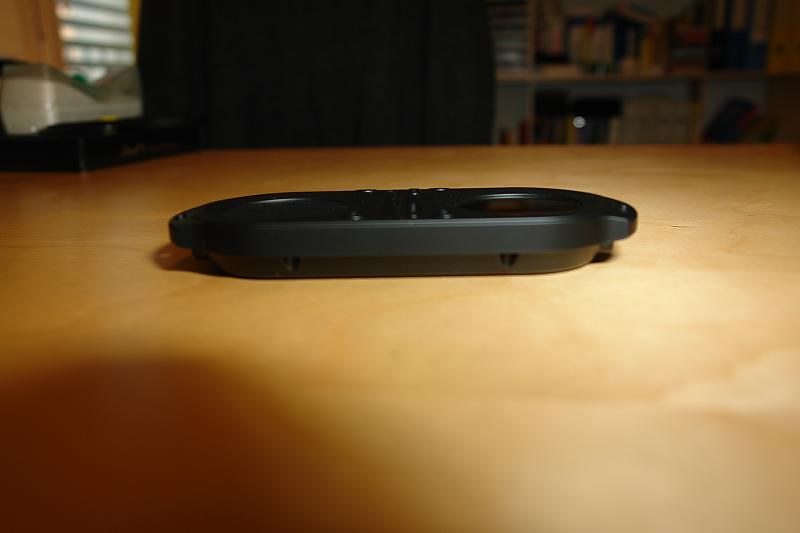Today in 1919, the birthday of Wilson Greatbatch, who made implantable pacemakers a reality for millions of patients.
A pretty big legacy for a guy who considered himself a “humble tinkerer.”
Growing up in Buffalo, New York, Greatbatch was a radio enthusiast who, as a teenager, built his own short wave receiver and talked with people across the ocean.
He worked as a radioman for the Navy during World War II, at least when he wasn’t flying combat missions.
After the war, he studied electrical engineering and worked for a number of tech and science operations.
In one of these jobs he learned about the efforts to use electronics to power hearts that weren’t beating the way they need to.
Greatbatch thought of it in radio terms; there had to be a way to boost the signal enough to get a heart to pump at the right rhythm.
He found the solution by accident: while trying to build a device to record heart rhythms, he put the wrong size resistor into his circuit and it produced electric pulses in a heart-like rhythm.
After years of work at home, he came up with a system that was not only effective, it was implantable; up to that point, prototypes for pacemakers had been external, and not terribly comfortable.
Millions of people have benefited from implantable pacemakers since they first hit the market.
And Greatbatch kept on inventing; by the end of his life he held hundreds of patents, everything from long-lasting lithium batteries to a solar-powered canoe.
And he kept at it long after a lot of people would have called it day: when his eyesight started to go in 2006, he had his staff read engineering papers out loud so he could still review them.
He said, “I’m beginning to think I may not change the world, but I’m still trying.”
Today in 1954, TIME Magazine reported on Ray Du Val, who was supposed to defend his beer drinking title in Manitowoc, Wisconsin, but showed up late.
Why?
“I was at the bar down the street having a beer.”
He ended up winning again anyway.
Wilson Greatbatch (National Science and Technology Medals Foundation)
Miscellany, Sep. 6, 1954 (TIME)

